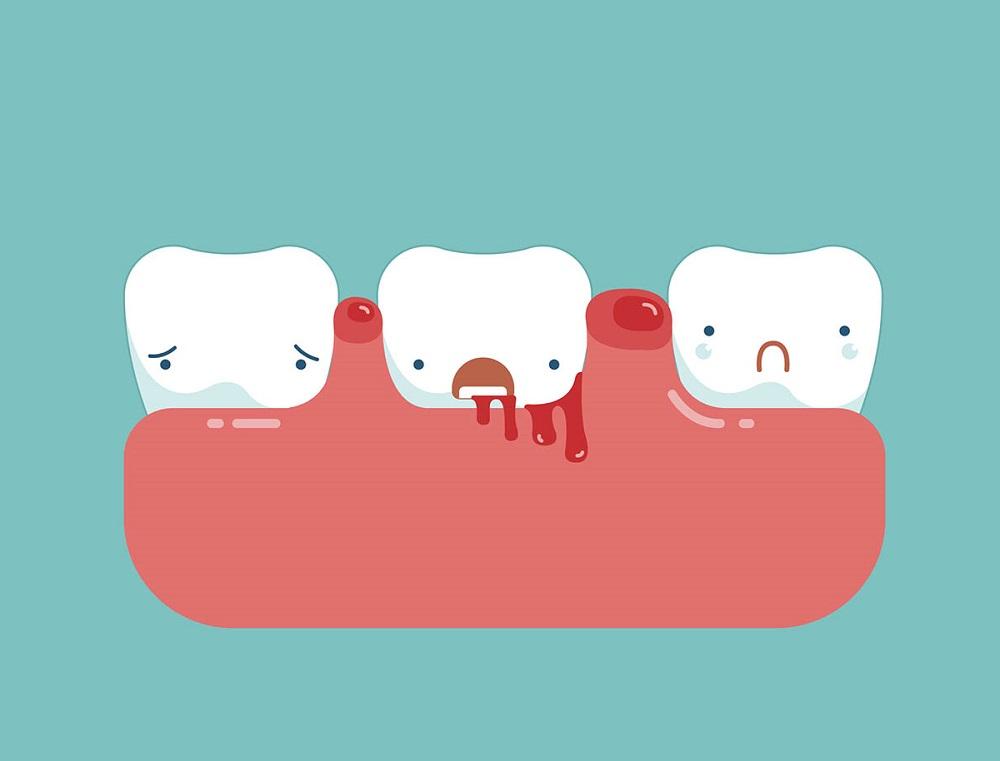Between a patient and his dentist, a link is created that transcends the merely clinical, and many times neither are aware of the importance of these relations that come into play in a dental office.
So here for a patient, it is necessary to adopt a few “Etiquettes” for achieving a relationship of trust and the best results in dental treatments.
11 Do’s and Don’t’s while visiting a dentist:
The Do’s:
1. Be Calm & Patient: The oral cavity is a few centimeters from our brain, and, normally, many patients cannot avoid the "reflex" of feeling alarmed when a stranger introduces tools or fingers into their mouth. Dentists are perfectly aware of this, and therefore always try to calm and reassure their patients, especially if they are afraid of the dentist. Similarly, the patient has to try to do their part and strive to be as relaxed as possible.
2. Transparency while asking doubts: Communication between the patient and the clinic must flow without any concealment or concealment. But transparency works both ways. You must answer all your dentist's clinical questions, without saving any information.
3. Assertiveness: If you disagree with your dentist, let him know in a measured and respectful way. Otherwise, you can end up performing a treatment that you don't want in the end. The same applies to dentists: A truly professional dentist does not create alarms or false expectations in his patients. Always try to be as realistic as possible, because, in case of dissatisfaction, he is the one who has to respond.
4. Respect: Just as a dentist should always treat you like an adult, valuing your autonomy and without falling into condescension or paternalism, you should value your dentist as the dental clinic owner he is, and address your dentist always with education.
5. Motivation: The dentist works in a quality clinic where he feels valued and performed professionally is something that ends up being noticed in the treatment with his patients. On the other hand, the patient is committed to his oral health or any bleeding gums problems. The advice and recommendations of his dentist end up becoming integrated health habits in his life. This is achieved thanks to positive stimuli and not sermons. Oral education must be based on respect and tolerance. Now let us have a quick glimpse of a few don’ts:
6. Faking about your dental habits: Never tell a lie about your dental habits when a dentist asks you. They are more into believing to know about the true cause of the problem whether it is from you or any other external sources. The more truth they will know about your dental problem, your solution will be easy to generate.
7. Avoid smoking while in a dental clinic: Smoking beforehand can is not advisable, instead of smoking itself is dangerous to your dental health. So, the dentist will not appreciate a smoker in his clinic. This can also lead to a serious issue as the dentist can have a problem with this habit.
8. Switching-off/Snoozing your phone for a while: It would be great if you are not glued to your phone all the time, especially when you are in the middle of a dentist appoint. Dentists have a long day to spend seeing and checking all the patients along with their bleeding gums treatment. So he won’t appreciate that his efforts are not disrespected.
9. Worrying excessively about sickness: It should be in the scope of the dentist in a dental clinic, to take care of your oral health and recommend the right solutions. He knows to perform his duty. You should be care-free at least when you visit him. In this way, you will not mislead his intention of treating you.
10. Disrespect: You should not forget that his only interest is to advise you and guide you in your oral health or bleeding gums problem, etc. and you can disagree with him, but always without losing the forms or making personal allusions.
11. Having unreasonable argument: It does not mean that he folds up to the wishes of his patient, even if they conflict with what he considers best for your health. A professional dentist will always try to assert with arguments and reasons in his clinical criteria.













No Comments